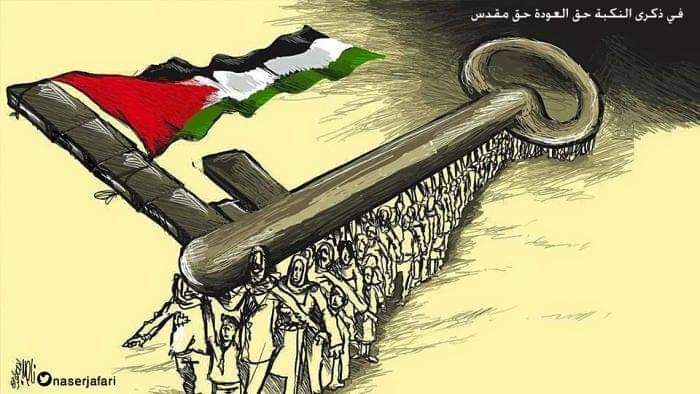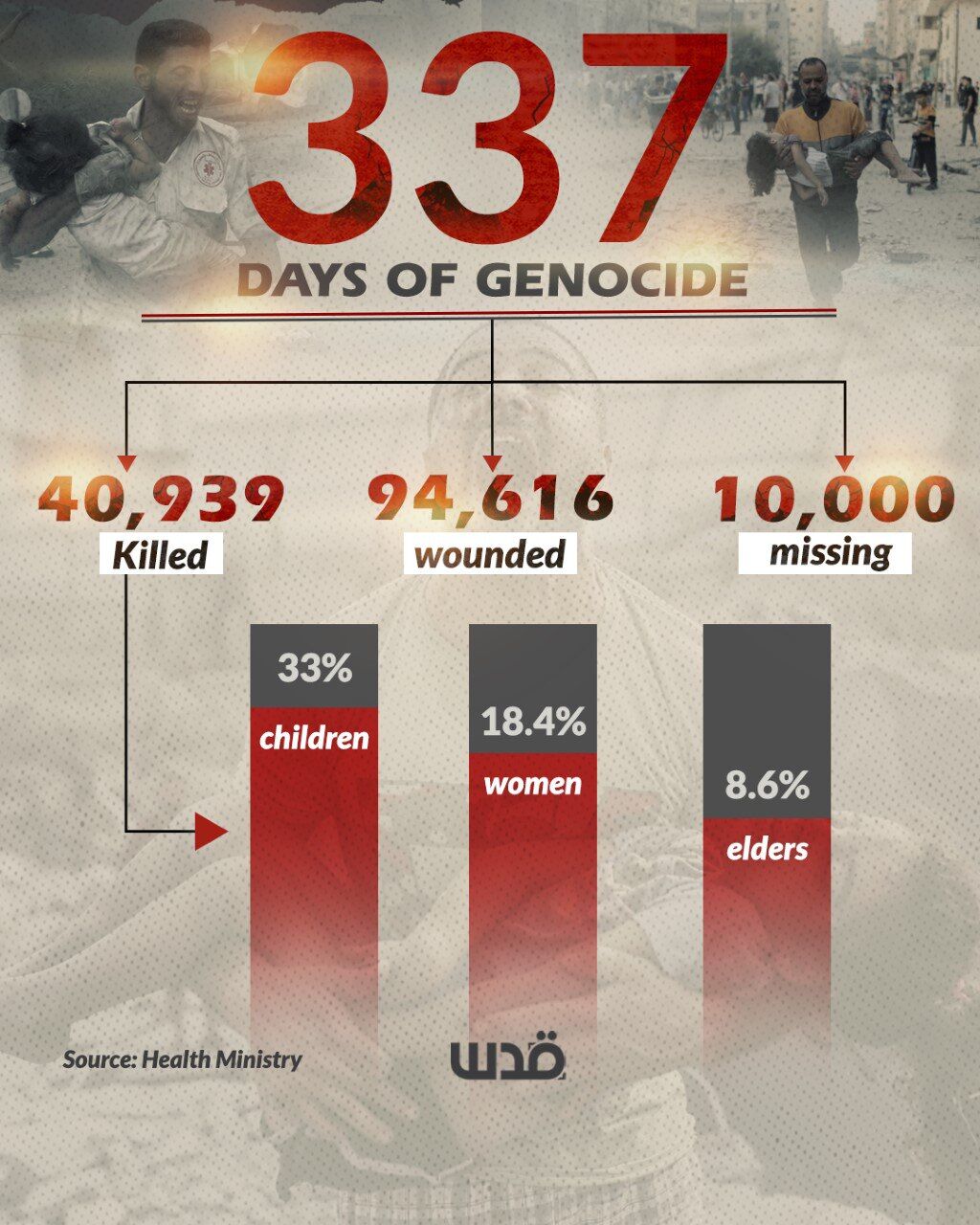Arab World Condemn But Smotrich Not Listening!
A call by Israel’s far-right Finance Minister Bezalel Smotrich to annex the occupied West Bank has drawn a wave of condemnations across the Arab world.
On Monday, Smotrich said he instructed Israel’s Settlement Division and Civil Administration to initiate the groundwork for infrastructure to “apply sovereignty” in the West Bank.
The Qatari Foreign Ministry called the Israeli minister’s call a “blatant violation of international law.”
A ministry statement denounced the call as a “dangerous escalation that would hinder the chances of peace in the region, especially with the ongoing brutal war on the Gaza Strip and its horrific repercussions.”
It called on the international community “to stand firmly against the occupation’s settlement, colonial and racist policies, and its repeated attacks on the Palestinian rights, especially its ongoing crimes in the West Bank.”
“The repeated Israeli statements that violate international laws and resolutions clearly reveal that the occupation is the obstacle to any efforts for peace and stability” in the region, the ministry said.
The Egyptian Foreign Ministry decried Smotrich’s call as a “flagrant violation of international law and international humanitarian law.”
“The irresponsible and extremist remarks by a member of the Israeli government clearly reflect Israel’s rejection of adopting the peace option in the region,” the ministry said in a statement.
Jordan termed the Israeli minister’s call “racist” and “extremist”
It called Smotrich’s statements a “blatant violation of international law and the inalienable right of the Palestinian people to establish their independent state with sovereignty along the June 4, 1967 borders and its capital in occupied Jerusalem.”
This June, Smotrich confirmed reports from The New York Times that he had a “secret plan” to annex the West Bank and thwart any efforts to incorporate it into a future Palestinian state.
In July this year, the International Court of Justice (ICJ) issued a landmark opinion that declared Israel’s decades-long occupation of Palestinian land “illegal” and demanded the evacuation of all existing settlements in the West Bank and East Jerusalem.
According to the Israeli public broadcaster KAN on Tuesday, Israeli Prime Minister Benjamin Netanyahu plans to reintroduce the annexation of the West Bank to the agenda of his government when US President-elect Donald Trump takes office.
In 2020, Netanyahu planned to “annex” the illegal Jewish settlements in the West Bank and the Jordan Valley, based on the so-called Middle East peace plan announced by Trump in January of the same year.
Territories Netanyahu planned to annex at that time constitute about 30% of the West Bank. His plan, however, wasn’t launched under international pressure and lack of US approval.
International law views both the West Bank and East Jerusalem as “occupied territories” and considers all Jewish settlement-building activity there as illegal according to Anadolu.










